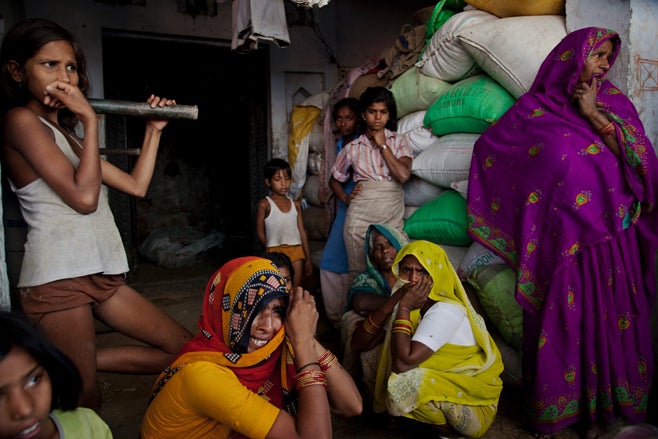By Michael E. Sanchez
Impunity Watch Reporter, Asia MANILA, Philippines– An appeal to the UN for funds to help the millions of Indonesians hit by the floods and storms in the Philippines has raised only a quarter of the total which they were looking for.
John Holmes, the UN’s emergency relief coordinator stated that in its relief appeal for $74m has only garnered $19m so far. The region has been hit by back to back typhoons in about a weeks time which has lead to landslides and widespread flooding, resulting in over 650 deaths and many left homeless.
Predicting the situation may be dire, Mr. Holmes said the UN may need to increase the size of its emergency appeal. Weeks after Typhoon Ketsana hit on September 26 and Parma hit on October 3, many villages are still flooded with water, increasing the risk of diseases spreading. Mr. Holmes stated that “Water has been standing already now for three weeks, and is still waist, or chest-deep in places…The longer the water is there and is stagnant, the greater the risk diseases which come from water- malaria, dengue fever, diarrhea, skin infections, leptospirosis.” The Philippine government has estimated that about six million people have been affected by these Typhoons. The numbers of homeless as a result are in the hundreds of thousands.
The government has estimated the cost of the damage could be at least $350m, with expectations that losses to agriculture and fisheries will be much more. The UN estimates that the flooding has destroyed crops including rice worth an estimated $117m, which will lead to food shortages in the country unless aid is received.
The ‘Right to Adequate Food’ is derived from the United Nation’s International Covenant on Economic, Social and Cultural Rights. The right to adequate food is an inherent human right for all, to have regular and permanent access, either directly or by financial means to adequate and sufficient food. Unless additional aid to the Philippines is sent by the UN this right to adequate food will not be realized.
For more information, please see:
Media with Conscience- UN IN PHILIPPINES FLOOD AID APPEAL– 07 October 2009
BBC News- Toll Rises in Philippine Flooding – 10 October 2009
BBC News- UN Philippines Fund ‘Falls short’ -13 October 2009
Food and Agriculture Organization of the United Nations-The Right to Food

